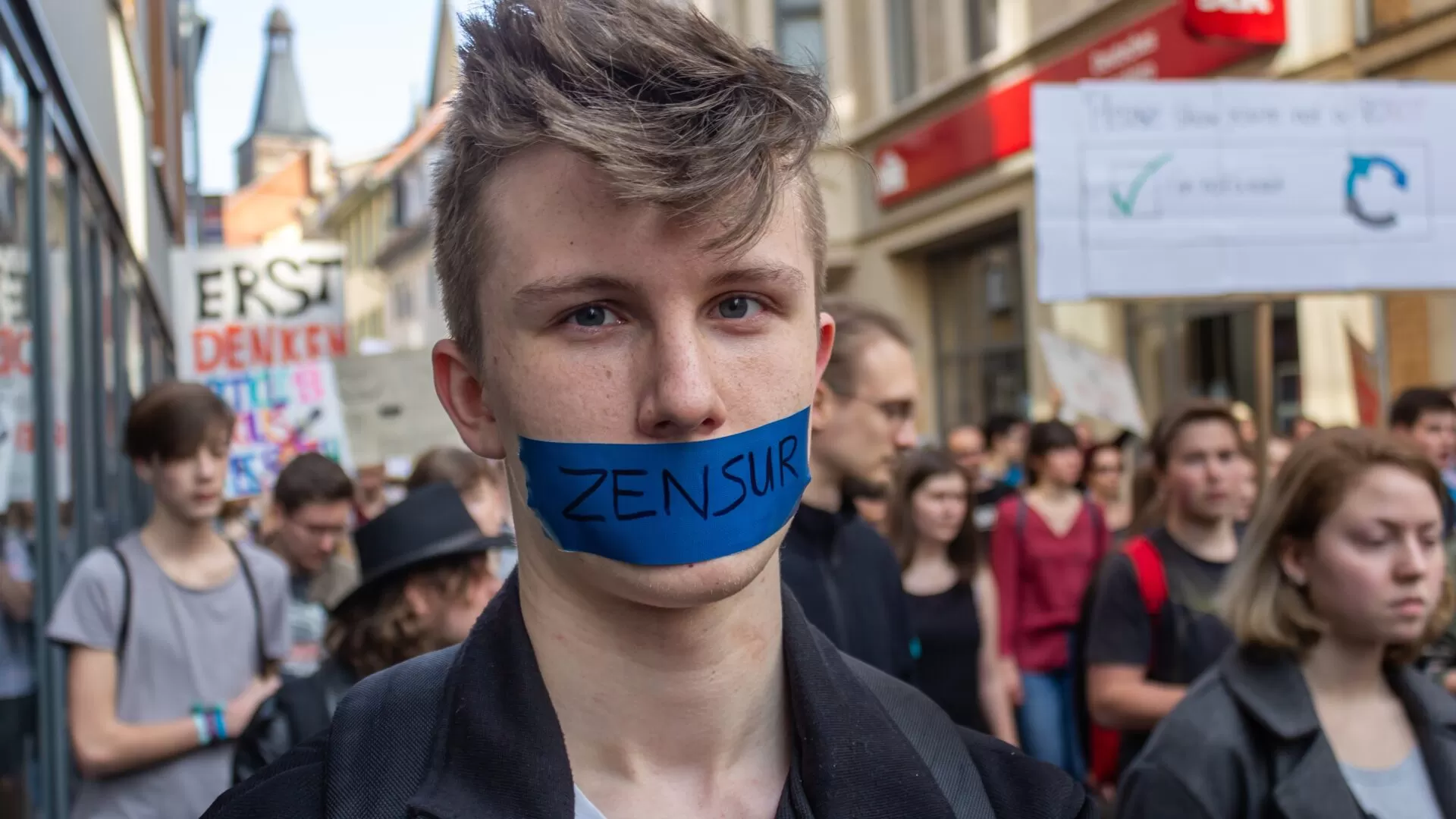n the 1940s, people like had to travel to small board meetings or public spaces to speak their mind. Today, the vast majority of political speech occurs over the Internet and specifically social media. That is why the internet is the single greatest advancement for free speech since the printing press.
It is also the reason governments have spent decades seeking to control speech over the internet, to regulate what people can say or read.
One of the greatest threats to free speech today is the European Digital Services Act. The act bars speech that is viewed as “disinformation” or “incitement.” European Commission Executive Vice President Margrethe Vestager celebrated its passage by declaring that it is “not a slogan anymore, that what is illegal offline should also be seen and dealt with as illegal online. Now it is a real thing. Democracy’s back.”
In Europe, free speech is in free fall. Germany, France, the United Kingdom and other countries have eviscerated free speech by criminalizing speech deemed inciteful or degrading to individuals or groups. The result had made little difference to the neo-Nazi movement in countries like Germany, which is reaching record numbers. It has, however, silenced the rest of society.
According to polling, only 18 percent of Germans feel free to express their opinions in public. Fifty-nine percent of Germans do not even feel free expressing themselves in private among friends. Only 17 percent feel free to express themselves on the internet.
They have silenced the wrong people, but there is now a massive censorship bureaucracy in Europe and the desire to silence opposing voices has become insatiable.
Some in this country have the same taste for speech-regulation. After Elon Musk bought Twitter and dismantled most of the company’s censorship program, many on the left went bonkers. That fury only increased when Musk released the “Twitter files,” confirming the long-denied coordination and support by the government in targeting and suppressing speech.
Read more at TheHill.com




